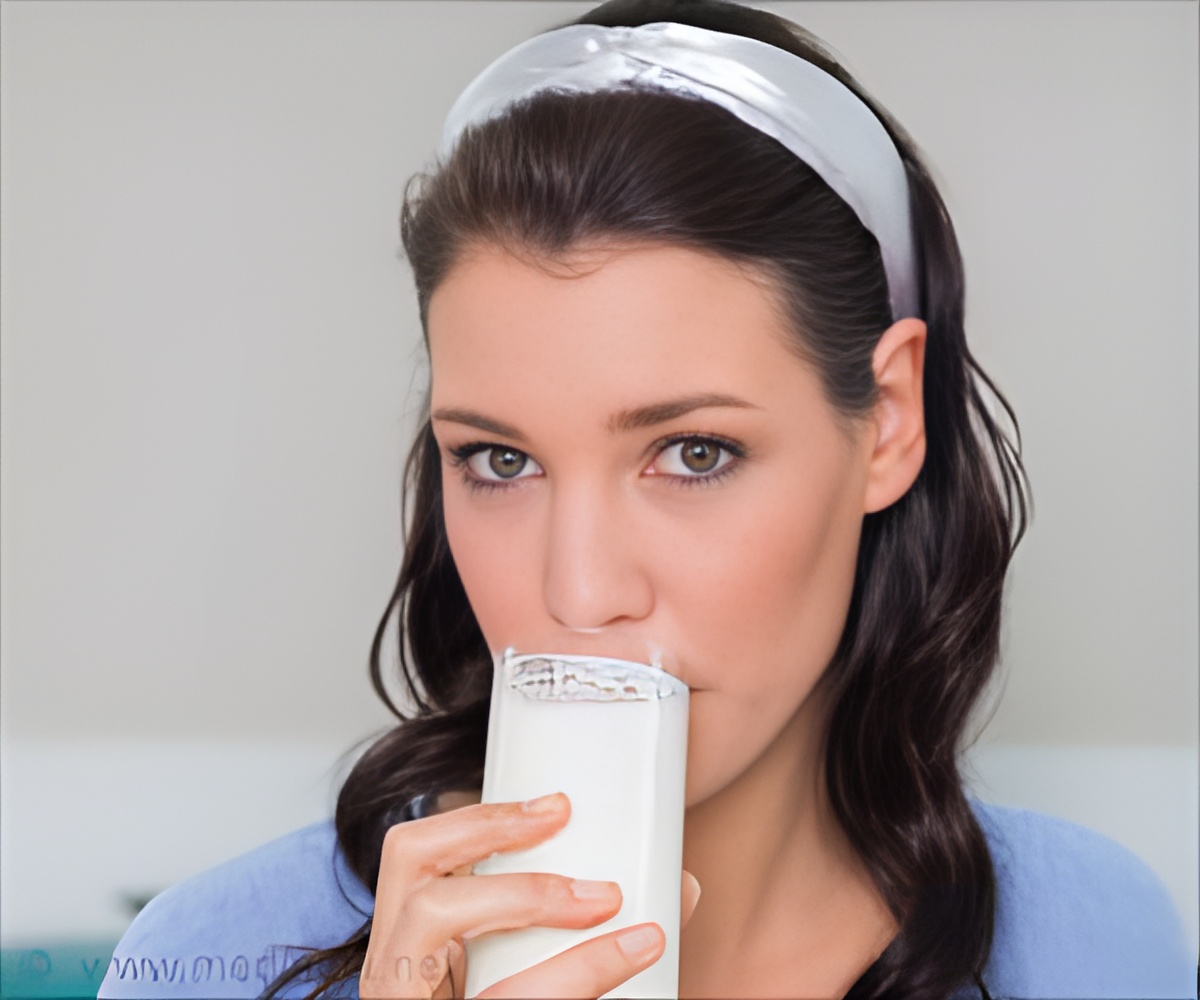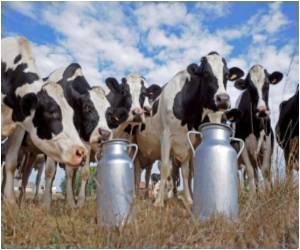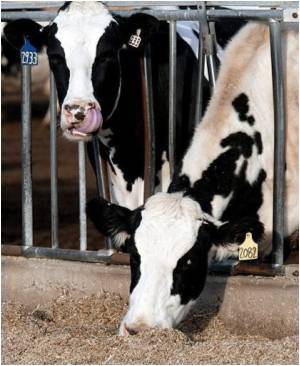
‘Consumption of milk from a pregnant cow do not raise plasma levels of E1 and E2 in mice. It also do not affect the weight of the sex organs examined in either male or female mice.’
Tweet it Now
In order to gain a better understanding about the relationship between estrogens in milk and blood oestrogen levels and reproductive organs, a team of researchers looked at the effects that different levels of milk oestrogen had on adult mice. "The aim of our study was to evaluate whether the consumption of milk with known doses of estrogens (both naturally presented and added in concentrations 100 and 1,000 times higher) could affect blood hormone levels and reproductive organs in mice," said Tomaz Snoj, researcher at the University of Ljubljana, in Slovenia, in the study published in the Journal of Dairy Science.
Specifically, the study examined how different concentrations of estrogens in milk affected the following parameters in mice: plasma levels of natural estrone (E1) and 17ß-estradiol (E2); uterine weight in females; and testosterone levels, testes weight, and seminal vesicle weight in males.
The results of the study demonstrated that consumption of milk from a pregnant cow did not raise plasma levels of E1 and E2 in mice. It also did not affect the weight of the sex organs examined in either male or female mice.
"We did observe elevated plasma estrogens in both sexes, increased uterus weight in females, and decreased plasma testosterone levels in males from the group that received milk with 1000 ng/mL of E1 and E2," said Gregor Majdic, researcher at the University of Ljubljana. The study further determined that only when the mice were given 1,000 times more oestrogen than average did it have any impact on reproductive health.
Advertisement















